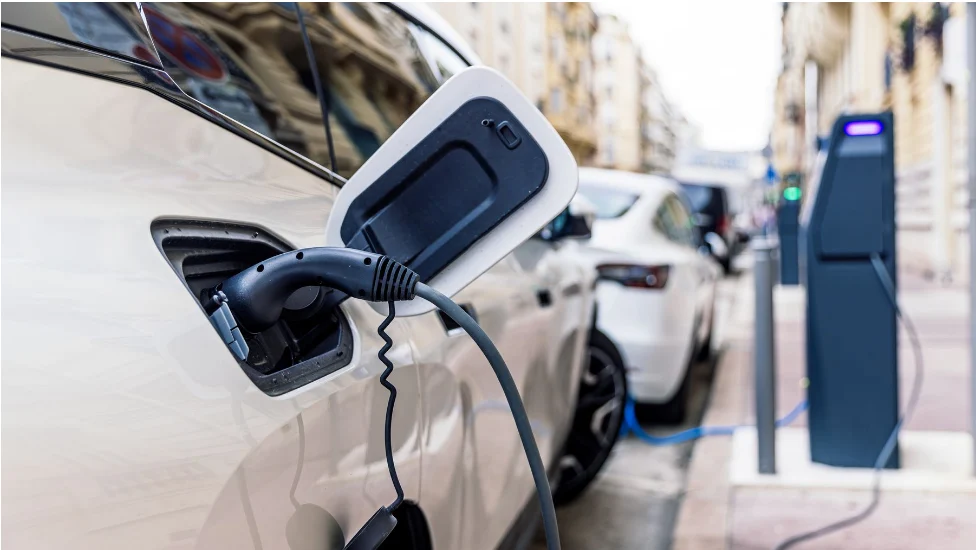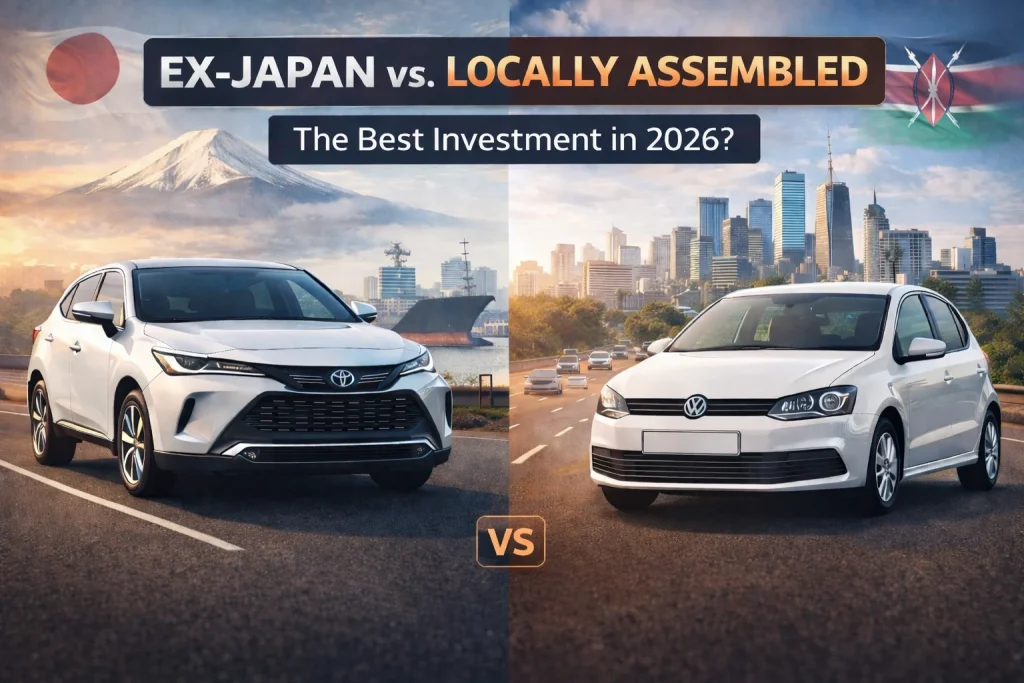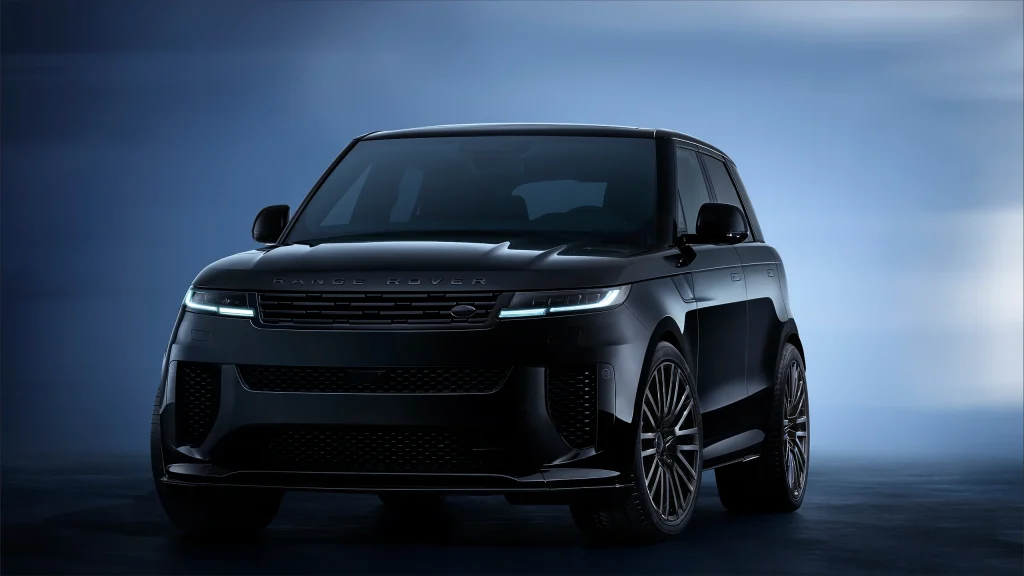Plug-in hybrid cars in Kenya are becoming more common as drivers seek to save fuel and embrace greener transport. These vehicles combine a petrol or diesel engine with an electric motor, allowing short trips on battery power while keeping the reliability of a combustion engine for longer journeys.

Globally, plug-in hybrids have been marketed as the perfect bridge between traditional cars and fully electric vehicles. But new research from Europe questions how clean they really are — and what this means for countries like Kenya that import them.
The Global Debate Around Plug-In Hybrids
A recent study by Transport & Environment (T&E), a European organization that promotes sustainable mobility, has sparked global discussion. The research analyzed data from over 800,000 plug-in hybrids registered between 2021 and 2023. It found that these cars emit nearly five times more carbon dioxide (CO₂) in real driving conditions than official tests suggest.
While car manufacturers advertise plug-in hybrids as cutting emissions by up to 75%, real-world data shows only about 19% reduction compared to conventional petrol or diesel cars.
This means that, in practice, plug-in hybrids are cleaner than regular cars — but not nearly as much as promised.
Why Emissions Are Higher Than Expected
One reason behind the higher CO₂ emissions is what researchers call the “utility factor.” This measures how often plug-in hybrids actually drive on electric power.
In laboratory tests, the utility factor assumes that about 84% of all trips are done purely on battery power. However, in reality, the T&E study found the number is closer to 27%.
In simple terms, drivers often forget to charge their plug-in hybrids. When that happens, the car relies heavily on its petrol engine — which means it burns fuel almost like a normal car.
Even when drivers switch to electric mode, the engine sometimes starts automatically to support performance or air conditioning. That increases emissions even more.
Plug-In Hybrids Still Play a Role
While these findings sound alarming, plug-in hybrids still offer important benefits — especially for countries like Kenya that are transitioning toward cleaner energy.
They are ideal for Kenyan drivers who want:
- To save fuel during short city drives
- To reduce dependence on petrol without worrying about charging stations
- To enjoy better performance with lower running costs
Unlike fully electric cars, plug-in hybrids do not require a large charging network. Drivers can still use petrol when needed, making them practical in regions where electric infrastructure is still developing.
Kenya’s Growing Hybrid Market
The Kenyan car market has seen a massive rise in Plug-in hybrid cars in Kenya imports in the last five years. Models like the Toyota Harrier Hybrid, Toyota Corolla Cross Hybrid, Nissan X-Trail e-Power, and Mitsubishi Outlander PHEV have become common imports from Japan.
According to import data from Kenya Revenue Authority (KRA) and industry players, more Kenyans are choosing hybrid cars due to:
- Fuel efficiency — hybrids use up to 40% less fuel than petrol engines
- Lower emissions — helping drivers comply with Nairobi’s growing environmental standards
- Reduced maintenance — hybrid systems experience less wear on engines and brakes
Although plug-in hybrids (PHEVs) are still rare compared to mild and full hybrids, their popularity is growing among high-end buyers who import vehicles like the Lexus NX450h+, Toyota RAV4 Plug-In Hybrid, and Volvo XC60 Recharge.
Is Importing Plug-In Hybrids Cheaper Than Buying Locally?
Yes — and here’s why. Importing plug-in hybrid cars in Kenya directly from Japan, the UK, or Singapore is often 20–35% cheaper than buying from local showrooms.
Here’s how the cost difference breaks down:
| Cost Element | Imported Car | Locally Bought Car |
|---|---|---|
| Purchase Price (C&F) | Ksh 2.8M | — |
| Import Duty, VAT, IDF & RDL | +Ksh 1.3M | — |
| Total Landed Cost | Ksh 4.1M | — |
| Dealer Price (Local) | — | Ksh 5.3M–5.8M |
Savings: Around Ksh 1 million or more when you import directly through trusted platforms like CarsKenya.co.ke.
Local dealers often include profit margins, showroom fees, and reconditioning costs, while importers like CarsKenya allow you to choose your vehicle from trusted sources and deliver it straight to Mombasa or Nairobi.
Kenya’s Infrastructure for Plug-In Hybrids
While Kenya’s electric charging network is still developing, plug-in hybrids bridge that gap. Most plug-in hybrids can charge on a standard 240V outlet at home or office — no expensive fast charger required.
Cities like Nairobi, Mombasa, and Kisumu now have growing charging points thanks to companies such as EvChaja and Drive Electric Kenya.
For Kenyan drivers who make frequent short trips — for example, home to work and back — plug-in hybrids can operate almost entirely on electric power, saving thousands of shillings monthly in fuel.
Environmental Impact in the Kenyan Context
While the T&E report focuses on Europe, Kenya’s driving conditions differ. Shorter average commutes, slower speeds, and warmer weather mean plug-in hybrids here can achieve higher electric mileage.
Moreover, Kenya generates more than 80% of its electricity from renewable sources such as geothermal and wind. That means charging Plug-in hybrid cars in Kenya locally produces far fewer emissions than in countries that still rely on coal power.
So even if plug-in hybrids emit more CO₂ in Europe, they can still help Kenya reduce its reliance on petrol and diesel — as long as drivers remember to charge them regularly.
How Plug-In Hybrids Fit Into Kenya’s Future
Kenya is moving toward cleaner and smarter mobility. Government policies encourage hybrid and electric adoption by offering lower excise duties and flexible import options.
With global fuel prices fluctuating, more buyers are importing hybrid and plug-in hybrid cars through companies like CarsKenya. These vehicles combine power, comfort, and efficiency while aligning with Kenya’s sustainability goals.
For many families and professionals, plug-in hybrids offer the best of both worlds — electric savings with petrol backup for long journeys.
Tips for Importing a Plug-In Hybrid Car in Kenya
If you’re considering importing a plug-in hybrid, here are key things to keep in mind:
- Check Battery Warranty – Always choose a supplier who offers hybrid battery support. CarsKenya’s Japanese partners include a 1+1 year hybrid battery warranty for all imported hybrids.
- Understand Your Usage – If most of your trips are under 50 km, you’ll save the most fuel.
- Charge Regularly – To enjoy full benefits, charge your car daily or every two days.
- Choose Reliable Brands – Toyota, Lexus, Mitsubishi, and Volvo have the best record for hybrid reliability.
- Work with a Trusted Importer – CarsKenya handles inspection, shipping, customs clearance, and delivery to your doorstep.
👉 Learn more: How to Import a Car to Kenya
Final Thoughts
Plug-in hybrid cars in Kenya are not perfect, but they’re a smart step toward cleaner, cheaper, and more efficient motoring.
While studies from Europe show that real-world emissions are higher than expected, Kenyan drivers still benefit from lower fuel costs, flexible driving, and a greener footprint — especially when the vehicles are charged consistently.
As Kenya continues investing in green energy and charging infrastructure, plug-in hybrids offer a practical transition to a fully electric future. For buyers who want performance, efficiency, and reliability, importing a plug-in hybrid through CarsKenya remains the smarter, cheaper choice.



